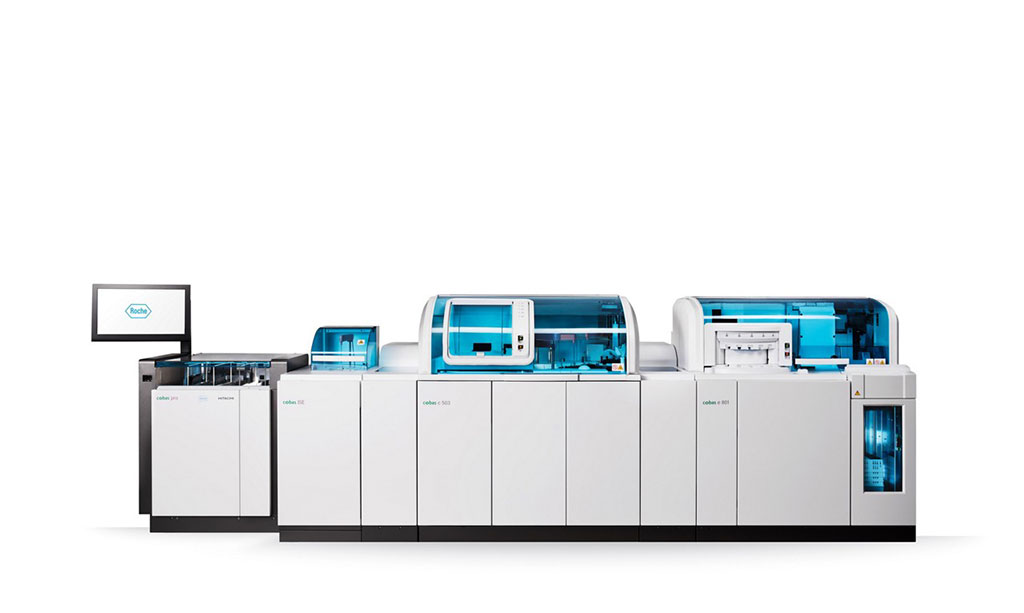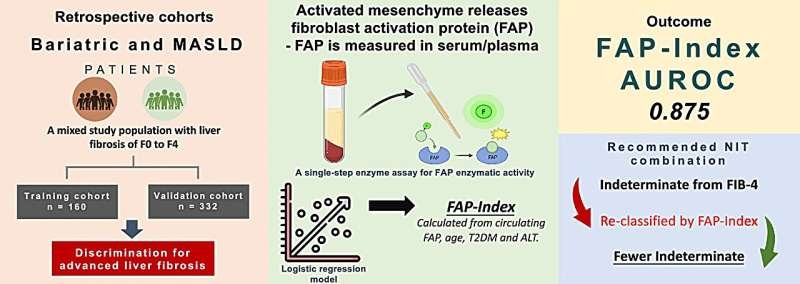CSF Glucose Unaltered in Patients With Dementia
Posted on 15 Dec 2022
A plethora of the pathological processes of many dementia disorders begin several years before the clinical expression of the diseases, and for that reason it is important to discover new biomarkers and methods to detect these processes at an early stage.
Glucose is transported from the blood, through the blood brain barrier (BBB), and into the interstitial space, where it is made available for metabolism by astrocytes and neurons. Normally, there is a close relationship between cerebrospinal fluid (CSF) and plasma glucose concentrations, and the ratio ranges between 0.5 and 0.8, but the ratio may change in different pathological conditions.

Clinical Scientists at the Copenhagen University Hospital Rigshospitalet (Copenhagen, Denmark) and their colleagues collected CSF and plasma samples from patients referred for diagnostic evaluation. The samples were taken from 446 patients (Alzheimer’s Disease (AD) (n=320), vascular dementia (VaD) (n=64), frontotemporal dementia (FTD) (n=27) and dementia with Lewy bodies (DLB) (n=35)), and 130 healthy controls (HC) (healthy subjects (HS) (n=34), non-demented HS (n=96)).
CSF was collected in 5 mL polypropylene tubes, transported at room temperature, and analyzed on a Radiometer ABL instrument (Radiometer Medical ApS, Brønshøj, Denmark) within an hour after sampling. Plasma was collected in 2 mL Greiner bio-one VACUETTE tubes with Sodium Fluoride/Potassium Oxalate (Greiner, Kremsmünster, Austria), transported at room temperature, and analyzed on a COBAS 8000 instrument (Roche Diagnostics, Indianapolis, IN, USA) within three hours after sampling.
The investigators reported that no significant differences in CSF and plasma glucose levels between the dementia group and HC were found. Furthermore, no significant difference in the CSF/plasma glucose ratio was identified. When investigating CSF glucose, plasma glucose and the CSF/plasma glucose ratio for the different etiologies within the dementia group, no significant differences were found. In addition, no statistically significant differences were found in the relationship between age and CSF glucose, plasma glucose and the CSF/plasma glucose ratio.
The authors concluded that despite severe reductions in the glucose metabolism in the brain of patients with dementia disorders, CSF and plasma glucose levels and the CSF/plasma-glucose ratio do not reflect this hypometabolism, and do not differentiate between dementia of different etiologies. For that reason, it is unlikely that they will have diagnostic potential in a mixed memory clinic setting. The study was published on December 8. 2022 in the journal Clinical Biochemistry.
Related Links:
Copenhagen University Hospital Rigshospitalet
Radiometer Medical
Greiner
Roche Diagnostics













